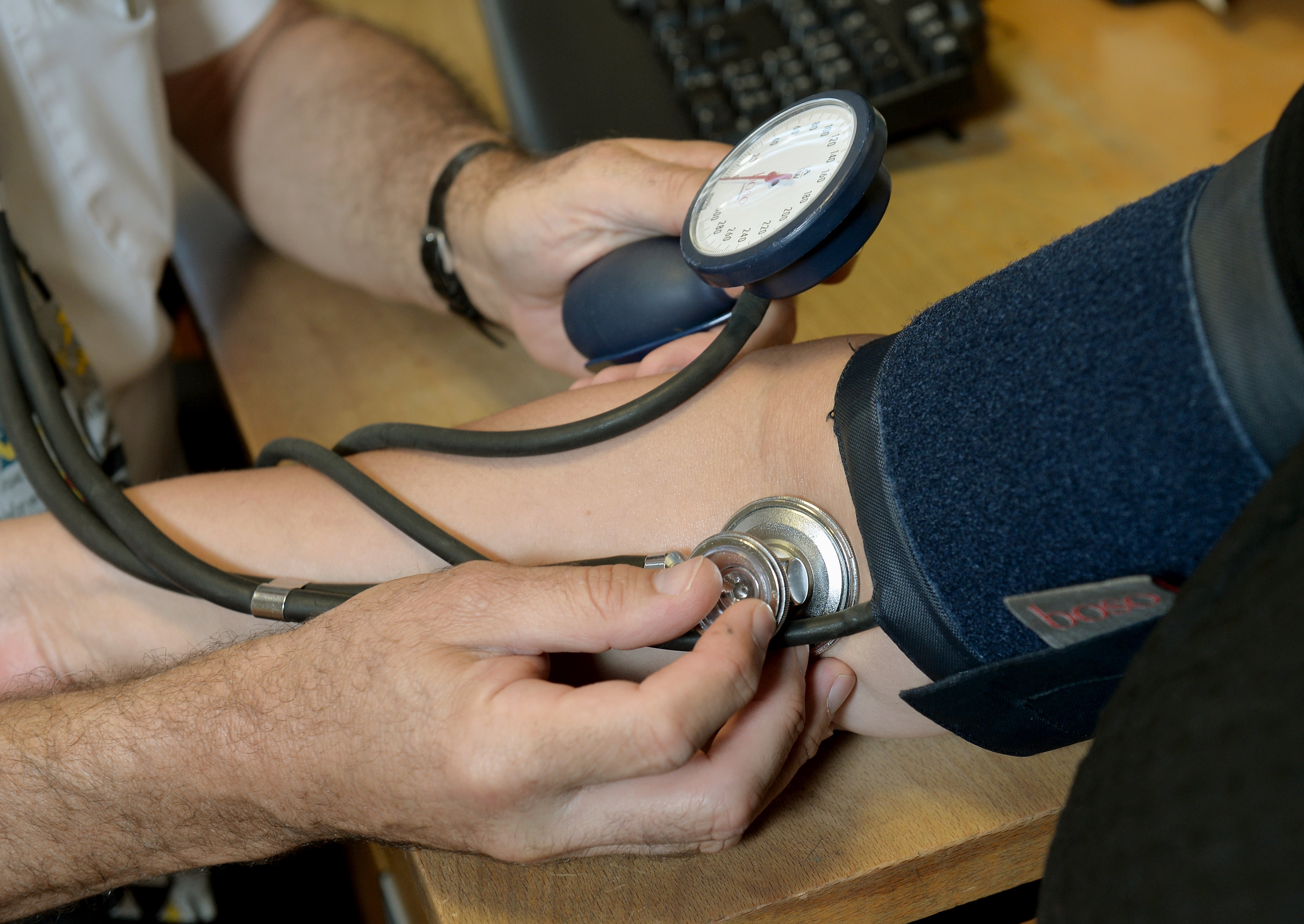Six-monthly injection could replace daily tablets for people with high blood pressure
A trial will see 100 people from the UK make up some 630 patients worldwide involved in new research.

Your support helps us to tell the story
From reproductive rights to climate change to Big Tech, The Independent is on the ground when the story is developing. Whether it's investigating the financials of Elon Musk's pro-Trump PAC or producing our latest documentary, 'The A Word', which shines a light on the American women fighting for reproductive rights, we know how important it is to parse out the facts from the messaging.
At such a critical moment in US history, we need reporters on the ground. Your donation allows us to keep sending journalists to speak to both sides of the story.
The Independent is trusted by Americans across the entire political spectrum. And unlike many other quality news outlets, we choose not to lock Americans out of our reporting and analysis with paywalls. We believe quality journalism should be available to everyone, paid for by those who can afford it.
Your support makes all the difference.High blood pressure could be treated with an injection every six months instead of a daily tablet as part of a new trial into the condition.
Scientists are testing the approach in what they said is a world first in how hypertension – high blood pressure – could be treated.
Around a third of adults in the UK have high blood pressure but many might not know it, according to the NHS.
While it often does not have noticeable symptoms, if hypertension is not treated it can increase the risk of heart attacks and strokes.
Some 100 patients across the UK will be part of the 630 patients worldwide involved in the new research by Queen Mary University of London (QMUL) and Barts Health NHS Trust.
People who are diagnosed with high blood pressure typically take tablets once a day to control the condition, researchers said.
The British Heart Foundation (BHF) said while there is not always an explanation for the cause of high blood pressure, most people develop it because of their diet, lifestyle or a medical condition.
We are excited to be trialling this first of its kind approach to research if it is safe and effective for the treatment of high blood pressure.
This study, funded by Alnylam Pharmaceuticals and supported by the National Institute for Health and Care Research (NIHR), is due to run for three years.
Dr Manish Saxena, study lead and deputy clinical director at QMUL, said: “We are excited to be trialling this first-of-its-kind approach to research if it is safe and effective for the treatment of high blood pressure.
“Solving health challenges on this scale cannot be achieved by one person or entity alone. We are thrilled to be working alongside Alnylam and combining our expertise to hopefully change modern medicine.”
Dr Saxena added: “It is early days but our ultimate hope is that the treatment proves to be a safe and more manageable, practical solution to tackling high blood pressure.
“A twice-yearly treatment with injection underneath the skin would provide a better alternative to taking daily medication, which we believe would be welcome news for patients and make treating hypertension more convenient.”
Professor Sir Nilesh Samani, medical director at the BHF, said: “This exciting trial could lead to good news for the millions of people across the UK with high blood pressure, many of whom need to take daily medication to lower their risk of heart attacks and strokes.
“The study will determine whether an injection given twice a year lowers blood pressure sufficiently over a prolonged period. If this proves to be the case, it may provide an alternative to taking daily pills for some patients.”